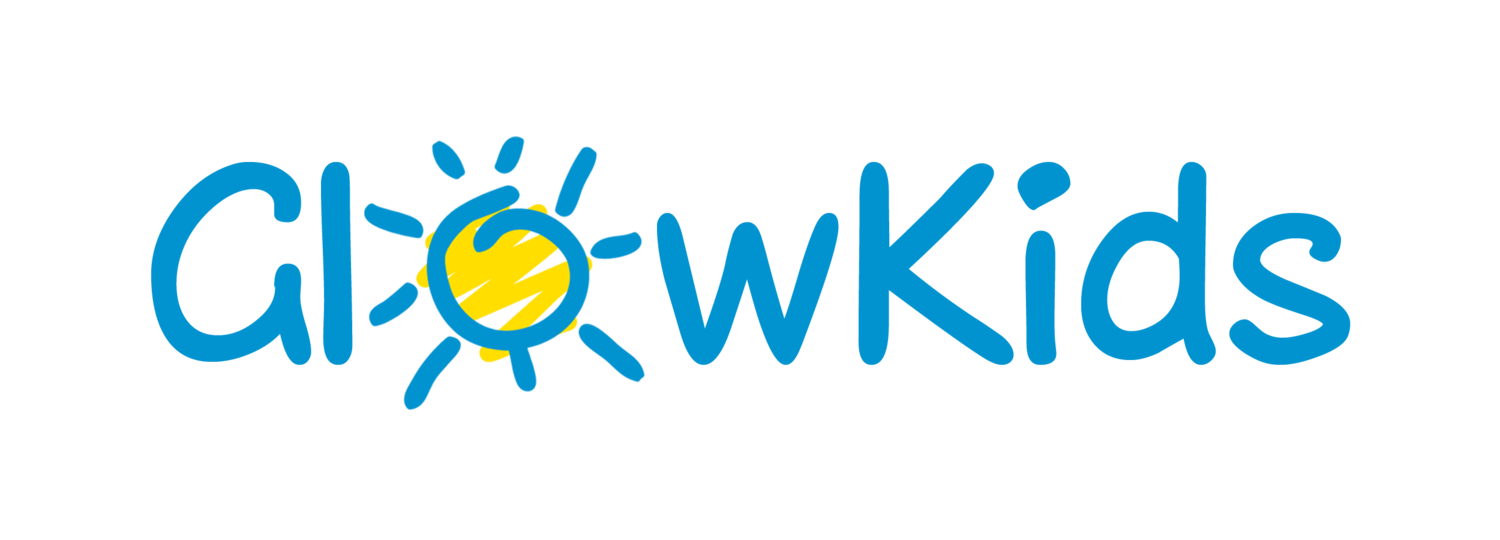Helping Children With Neurological Motor Disorders
What Is Conductive Education?
Conductive Education is a programme developed specifically to improve the quality of life for people with neurological-motor disorders such as Cerebral Palsy, Dyspraxia, Spina Bifida and Global Developmental Delay.
It is a holistic learning and educational orientated approach that combines medical knowledge and educational methods to enable individuals to learn (or re-learn) how to gain control of their motor functions.
Based on the scientific principles of neuroplasticity, the nervous system possesses the capacity to form new neural connections facilitated through a suitably instructed teaching and learning process. Using a typical age appropriate education curriculum, Conductive Education uses music, rhythm and repetition to 'teach' the individual new skills.
Conductive Education teaches children to achieve, and retain, their maximum potential towards independence in all aspects of their life. Children are taught to see themselves as active and self-reliant participants in the world. The result of Conductive Education is that the quality of life is improved as well as the psychological well being of the child and their family/whānau.
Is This Suitable for My Child?
For Conductive Education to be beneficial, the individual should be able to demonstrate basic cognitive skills and show signs of understanding (and following) verbal communication.
“We were advised when our daughter was only 4 months old that she would most likely never walk, talk, eat or even be able to control her hands. We are happy to say that with the hours of therapy at GlowKids and using the routines that our family has been shown, my daughter has learnt to sit, crawl, talk, eat and is slowly progressing her way to walking. We can confidently say that there is no way that she would be able to do these things without the love and support that we have received from the team at GlowKids.
”


